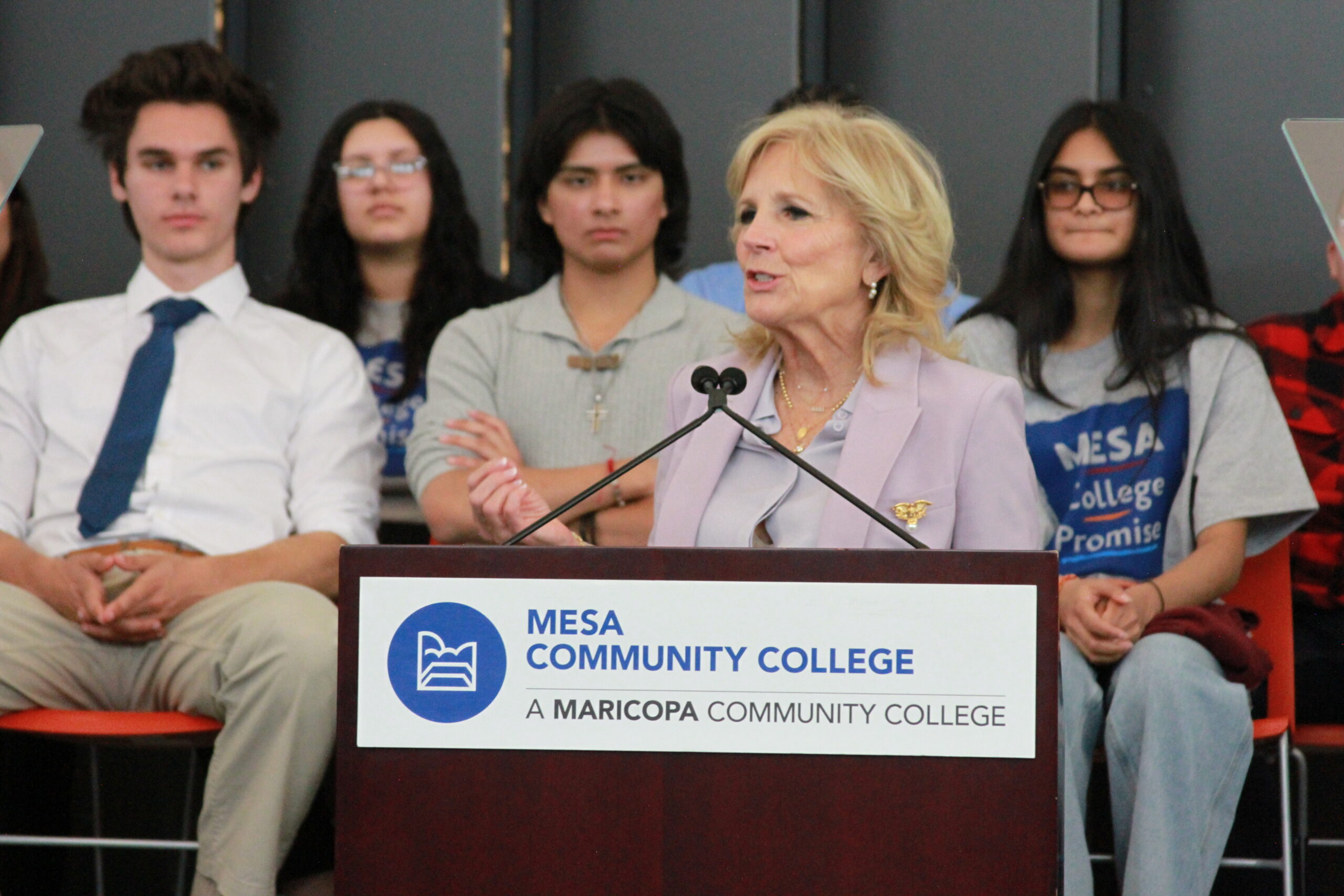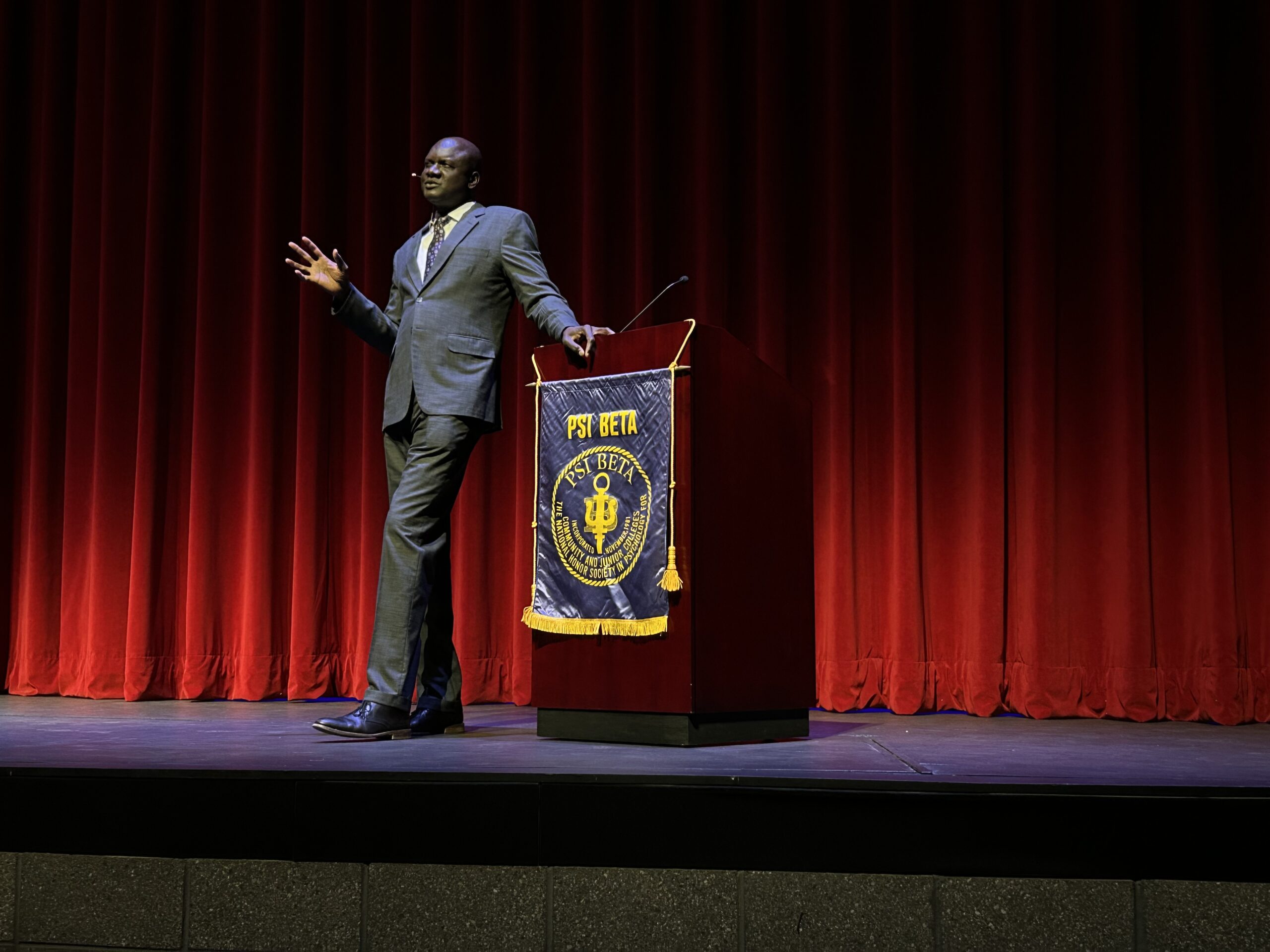New administration’s impact on web’s neutrality a concern
Patricia Moore
With a new administration on its way into office, net neutrality is resurfacing as a concern for content providers, online businesses, and Internet users. According to Alex Ávila, an MCC Political Science instructor, several appointed offices could have an influence on net neutrality.
Net neutrality refers to the ability to access all internet content without interference or bias from network providers.
“This is the infrastructure that we’re talking about, you’re going to be looking at regulation regardless,” Ávila said.
“It’s a very important issue, equal to immigration and the economy.”
Despite the importance of net neutrality, the issue is not getting a lot of attention from the candidates or the public.
“Since they haven’t been impacted personally, most people are just unaware,” Avila said.
“If it’s on the web, you should be able to surf it,” said MCC student Patrick Eginton.
The issue gained the attention of the public in 2006 when a glitch in the AOL filter coding blocked e-mails to AOL subscribers.
The e-mails contained links to a petition against the newly introduced “Certified Email” program which would have allowed organizations to bypass AOL’s e-mail spam filter for a set fee.
If Internet service providers such as AOL, Cox or Qwest are allowed to show a preference for certain content, such as charging a premium for access to Web sites like Google or MySpace, it could become a problem.
“If they’re charging for content, then people will go to the cheapest source for information,” said MCC student Derek Eory.
“The internet would become an unreliable source of information.”
The Communications Opportunity, Promotion, and Enhancement Act of 2006 addressed concerns about censorship and neutrality by defining the authority of the Federal Communications Commission to prohibit the degradation or suppression of content and applications by internet service providers.
A recent FCC action against Comcast forced the cable company to release documents that admitted to blocking its users from legal online content.
This action, as well as recently proposed legislation, has increased awareness of net neutrality as a political issue in 2008.
In February, Rep. Edward Markey of Massachusetts introduced the Internet Freedom Preservation Act of 2008 which seeks to “promote openness, competition, innovation and affordable ubiquitous broadband service for all individuals in the United States.”
The bill would amend the Communications Act of 1934 to include language that clearly prohibits network operators from interfering with the use of broadband networks and directs the FCC to monitor competition and consumer protection issues.
The bill has not been voted on yet.









